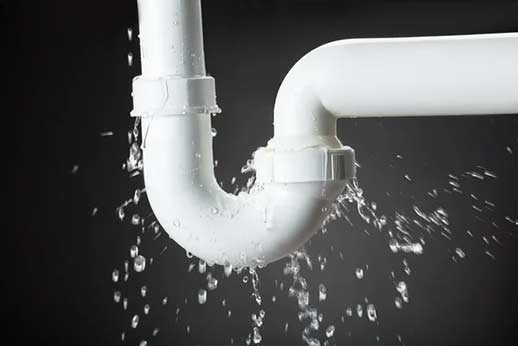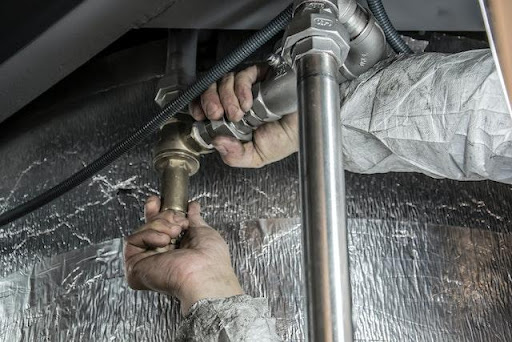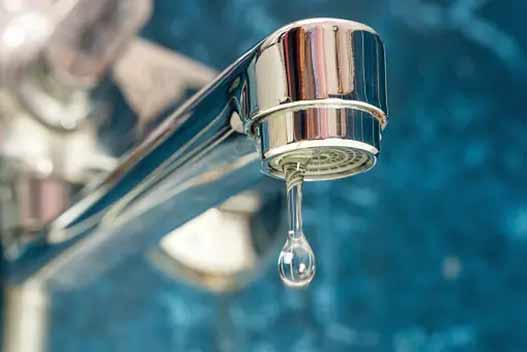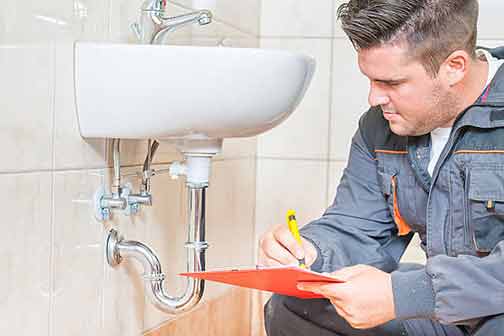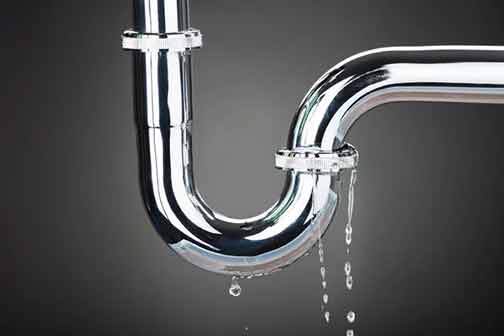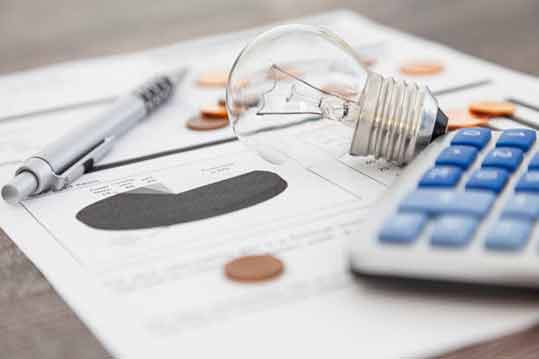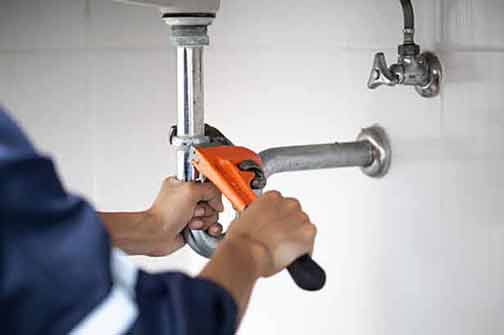Protect Your Chicago Home from the Damage of Leaky Plumbing
Welcome to our website, where we aim to provide you with valuable information and resources to help protect your Chicago home from the devastating effects of leaky plumbing. Leaky pipes, faucets, and fixtures can cause significant damage to your property if not addressed promptly. By understanding the common causes of plumbing leaks, knowing how to detect them early, and taking proactive measures, you can prevent costly repairs and potential structural damage.
The Dangers of Ignoring Leaky Plumbing
Leaky plumbing may initially seem like a minor inconvenience, but it can quickly escalate into a major problem. Here are some of the dangers associated with ignoring or delaying the repair of leaky pipes:
- Water Damage: Over time, even a small leak can result in extensive water damage to your walls, ceilings, floors, and other areas of your home. This can lead to the growth of mold and mildew, which can pose health risks to you and your family.
- Structural Damage: Leaky pipes can weaken the structure of your home, compromising its stability and potentially causing costly structural repairs.
- Increased Utility Bills: Leaks can significantly increase your water bills, as well as contribute to wasted water, putting unnecessary strain on the environment.
- Electrical Hazards: Water and electricity don’t mix well. Leaky plumbing can lead to electrical hazards, risking your safety and that of your family.
Common Causes of Plumbing Leaks
Understanding the common causes of plumbing leaks can help you take preventive measures and mitigate potential damage:
1. Corrosion
Over time, pipes can corrode and rust, leading to leaks. Corrosion is more common in older plumbing systems or those with poor water quality.
2. High Water Pressure
Excessively high water pressure can put strain on your pipes, causing them to crack or burst. Consider installing a pressure regulator to maintain a safe water pressure level in your home.
3. Pipe Joints and Connections
Poorly connected or loose pipe joints can result in leaks. It’s crucial to ensure that all connections are properly sealed and secure.
4. Clogs
Clogs can create excessive pressure within your plumbing system, leading to leaks. Avoid putting items down your drains that can cause blockages and invest in regular drain cleaning services.
5. Temperature Changes
Extreme temperature fluctuations can cause pipes to expand and contract, weakening their structure and causing leaks. Proper insulation can help reduce this risk.
Signs of a Plumbing Leak
Early detection of a plumbing leak is key to preventing extensive damage. Look out for the following signs:
1. Unexplained Water Pooling
If you notice water pooling in areas where it shouldn’t be, such as under sinks, around toilets, or near appliances, there may be a leak.
2. Damp or Musty Odors
A persistent musty or damp odor, particularly in areas with plumbing fixtures, could indicate a hidden leak.
3. Water Stains
Yellow or brown stains on your walls, floors, or ceilings are a clear sign of water damage and a potential plumbing leak.
4. Increased Water Bills
If you notice a sudden and unexplained increase in your water bills, it may be indicative of an undetected leak.
5. Decreased Water Pressure
A significant drop in water pressure throughout your home can be a sign of a leak or other plumbing issues.
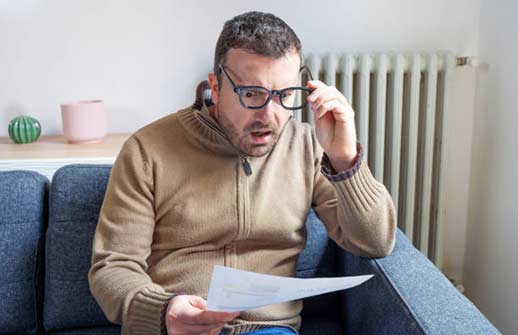
Keep an eye on your water bills and be alert to any significant increases. If you notice a sudden spike without any apparent explanation, it’s time to investigate potential leaks.
Preventing and Repairing Plumbing Leaks
Now that you understand the risks and potential causes of plumbing leaks, it’s essential to take proactive measures to prevent them from occurring:
1. Regular Maintenance
Schedule annual plumbing inspections to identify and address any potential leaks or issues before they escalate. A professional plumber can also perform routine maintenance tasks to keep your plumbing system in optimal condition.
2. Monitor Your Water Bill
Keep an eye on your water bills and be alert to any significant increases. If you notice a sudden spike without any apparent explanation, it’s time to investigate potential leaks.
3. Insulate Your Pipes
Insulating your pipes can protect them from extreme temperature changes, reducing the risk of leaks. Pay particular attention to uninsulated pipes in attics, basements, and crawl spaces.
4. Address High Water Pressure
If your water pressure is consistently high, consider installing a pressure regulator to prevent unnecessary strain on your pipes.
5. Act Promptly
If you detect a plumbing leak, no matter how small, it’s crucial to take immediate action. Ignoring the problem or delaying repairs can lead to more extensive damage and costly repairs.
Contact Our Professional Plumbers Today
If you suspect or have detected a plumbing leak in your Chicago home, don’t hesitate to contact our team of experienced plumbers. We specialize in leak detection and repair, utilizing the latest technology and techniques to minimize disruption and ensure a lasting solution. Protect your home and your investment by addressing plumbing leaks promptly.
With our help and expertise, you can maintain a safe, dry, and worry-free home environment, free from the damaging effects of leaky plumbing. Don’t let a small leak turn into a big problem. Contact us today to schedule an inspection or receive immediate assistance with your plumbing needs.
